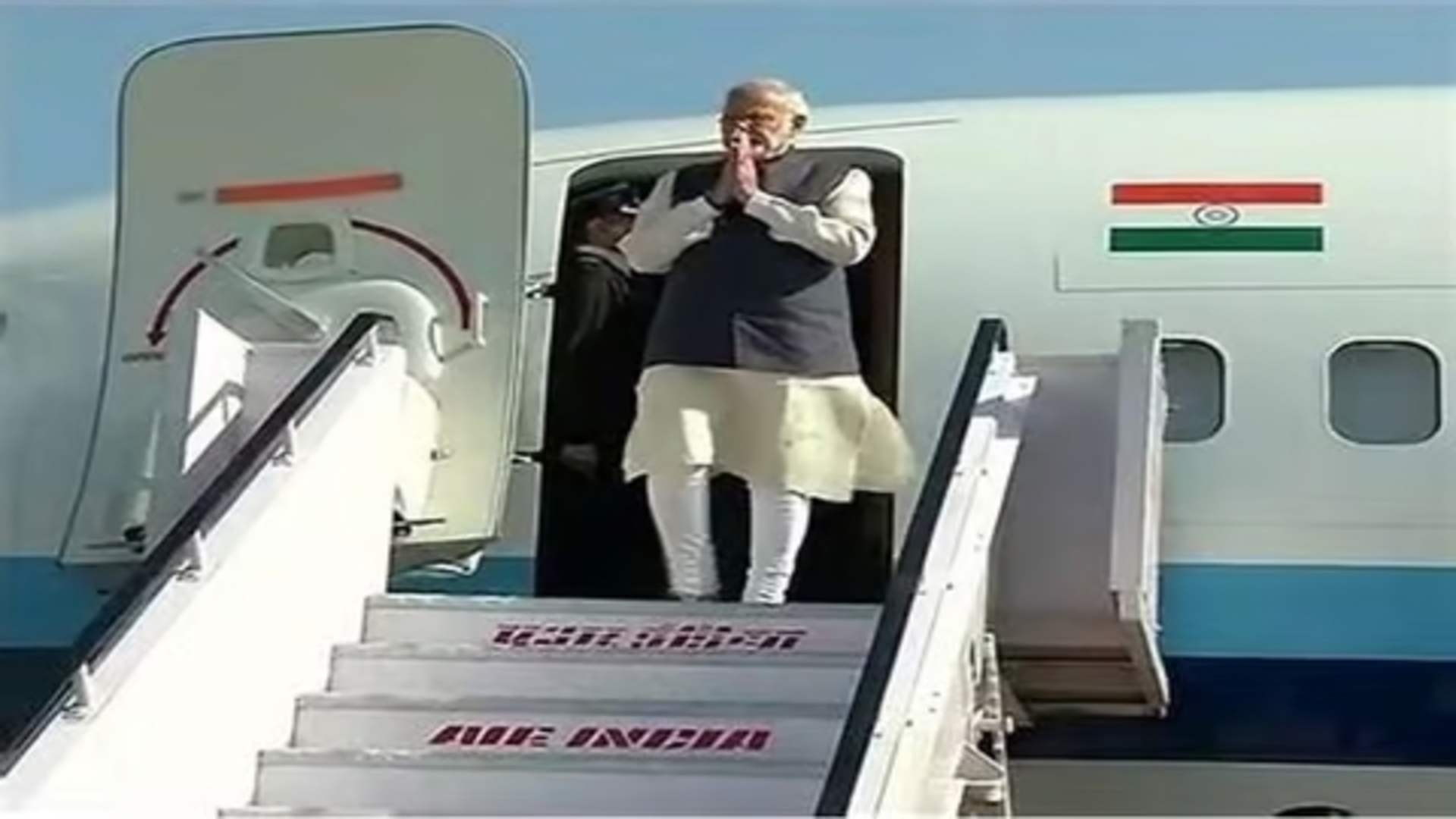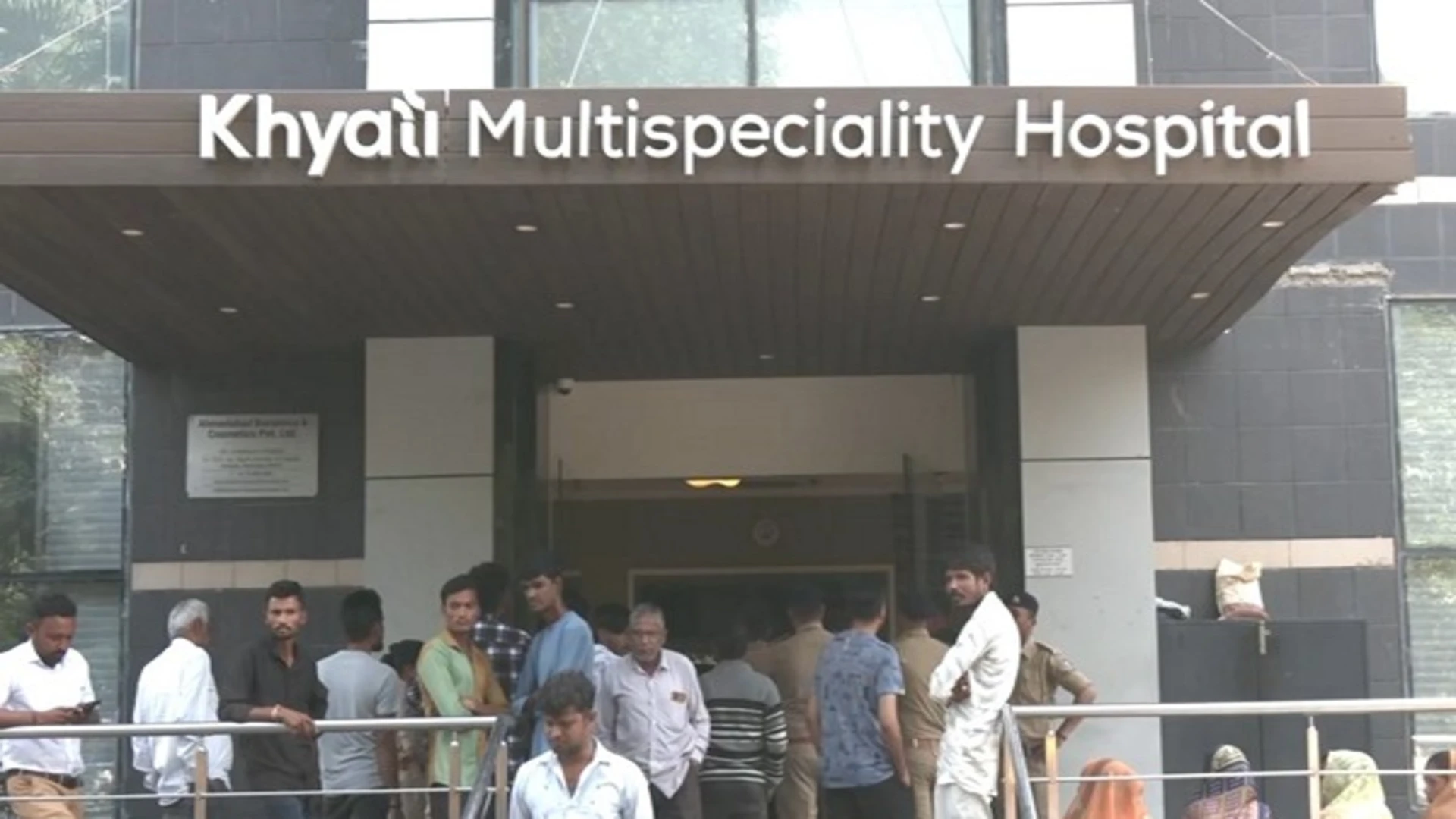
“The darkest places in hell are reserved for those who maintain their neutrality in times of moral crisis”
– Dante Alighieri (1265 – 1321), Italian national epic poet
The coronavirus pandemic and the ensuing lockdowns which brought us face-to-face with the plight of migrant workers shocked many of us. So why were we shocked? Had we not seen the blank eyes or heard the silent cries of the teeming mass of men and women who crowded our cities, lived in shanties and hovels, having unclean water and food? They worked long hours in unhygienic and inhuman conditions. Penury and disease were a part of their lives. Their families in the villages depended on their meagre earnings, and they dared not raise their voice against the exploitation, because there were millions of others waiting to replace them.
Why are we always surprised when confronted with a crisis? Why is the default reaction one of finding an excuse or blaming someone else? Despite being one of the oldest civilisations, how is it that not one of us is able to foresee the outcome of our actions? Have we been sleepwalking, or have we been drugged by the ‘aspirational’ goal of creature comforts? Where are our brilliant men and women of science, technology, literature, economics, statistics, history, culture and strategic studies?
The coronavirus pandemic and the ensuing lockdowns which brought us faceto-face with the plight of migrant workers shocked many of us. So why were we shocked? Had we not seen the blank eyes or heard the silent cries of the teeming mass of men and women who crowded our cities, lived in shanties and hovels, having unclean water and food? They worked long hours in unhygienic and inhuman conditions. Penury and disease were a part of their lives. Their families in the villages depended on their meagre earnings, and they dared not raise their voice against the exploitation, because there were millions of others waiting to replace them. Did we actually believe that it was fine to hire a man or a woman for less than Rs 10,000 per month, without any obligation for his social security, health, shelter, education or development needs? It needed countless of these unfortunate citizens to die on roads and rails and in railway trains for at least some of us to be jolted out of our reverie.
Why are we expressing shock on learning that Chinese agencies were creating a massive database of over 10,000 Indian individuals and organisations, even while we were happily lapping up their free services of social media, games, and online shopping and payment platforms? Why are we surprised that social media is being weaponised to create discord and weaken nations. Why could someone not tell us that we were not evolving digitally, that we were leaving our doors ajar for the enemy to get into the house?
Why is it that when China and Pakistan, or even Nepal, Sri Lanka or Bangladesh, make aggressive or unpleasant moves, we get shocked and react with panic — be it our military, diplomatic and now even economic moves? Why is it so difficult to understand that adversaries will work on our internal fault lines and look for weaknesses in the polity, economy and strategic preparedness; that emerging powers will do everything to increase their spheres of influence and safeguard their strategic interests, including their trade interests? Why needle the beast without doing a thorough war-gaming of our moves? Why are we shocked when the adversary uses its leverages in Kashmir and Ladakh, or now in Nagaland?
How and when did all this come to pass? When did we stop realising that in addition to capital and raw material, no enterprise can function without labour? When did we internalise the false narrative that promoters, investors and shareholders have an inherent claim over the profits and that the rights of labour can be disregarded? When did we forget that natural and human resources are not to be exploited but to be held in trust by the promoters? When did we start accepting that since semi-skilled and unskilled labour was being provided by contractors, they were not our responsibility? Why even talk about investing in skill development, nurturing holistic human development and building partnership with workers? Why not discredit the trade unions themselves! How come we also forgot that by suppressing wages we were destroying the market for our own goods and services, and that the model was eventually bound to destroy the economy?
We forgot that taxation is not a ‘redistribution of wealth’, it is ‘just compensation’ and ‘reimbursement’ for society’s contribution to the creation of wealth. Instead of accepting that higher taxation is necessary for improving socio-economic indicators of health, education, housing, etc, we raised indirect taxes to fifty percent of our collection, thereby placing a disproportionate burden on the poor. The top one percent justified this preferential treatment by claiming to be extraordinarily intelligent and hard working vis-à-vis the poor who were stupid and lazy. This is an utterly false narrative. Something terrible has been going on in the last 35 to 40 years. Our public policy, instead of focusing on poverty and deprivation, inequality and disparity in literacy, mortality and nutrition, etc, has been creating conditions for the concentration of wealth into the hands of a few, while eroding the rightful claims of the masses.
I am not an economist but over the last couple of decades I could see that the model has failed. Many of us had seen the growing pain behind the blank eyes and heard the screams behind the ominous silence of our toiling masses as well as the mounting number of the unemployed. We could hear the stifled cries of hunger and deprivation of these masses which were unable to raise their voice due to apathy, despair, fatalism, hopelessness and fear. The jobless are repressing their ennui, dejection, frustration and even anger. They were supposed to be our human capital, our population dividend!
India’s situation is not unique; the same ills can be seen across the globe. It is a larger pandemic waiting to explode. Let’s take the coronavirus crisis as nature’s warning to set our development model right. Remember how visionary leaders faced the 1888 blizzard in New York to build the underground infrastructure of power and transit, the 1832 cholera outbreak in London to create a public health engineering framework, and the 1871 great fire in Chicago to pave the way for skyscrapers. The time to change is now. India should wake up.
The writer is an Indian civil servant and a former Chairman of the Union Public Service Commission (UPSC). The views expressed are personal.
This is the first of a five-part series that will appear over a period of time.















